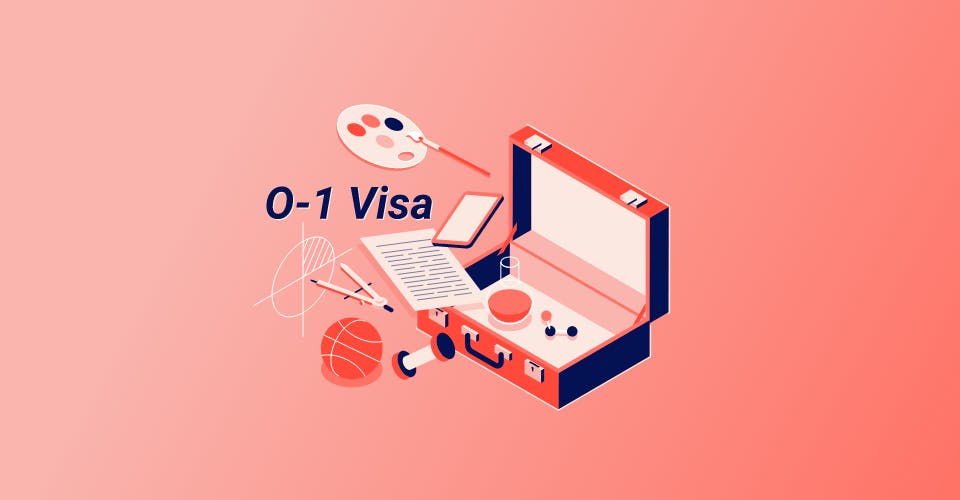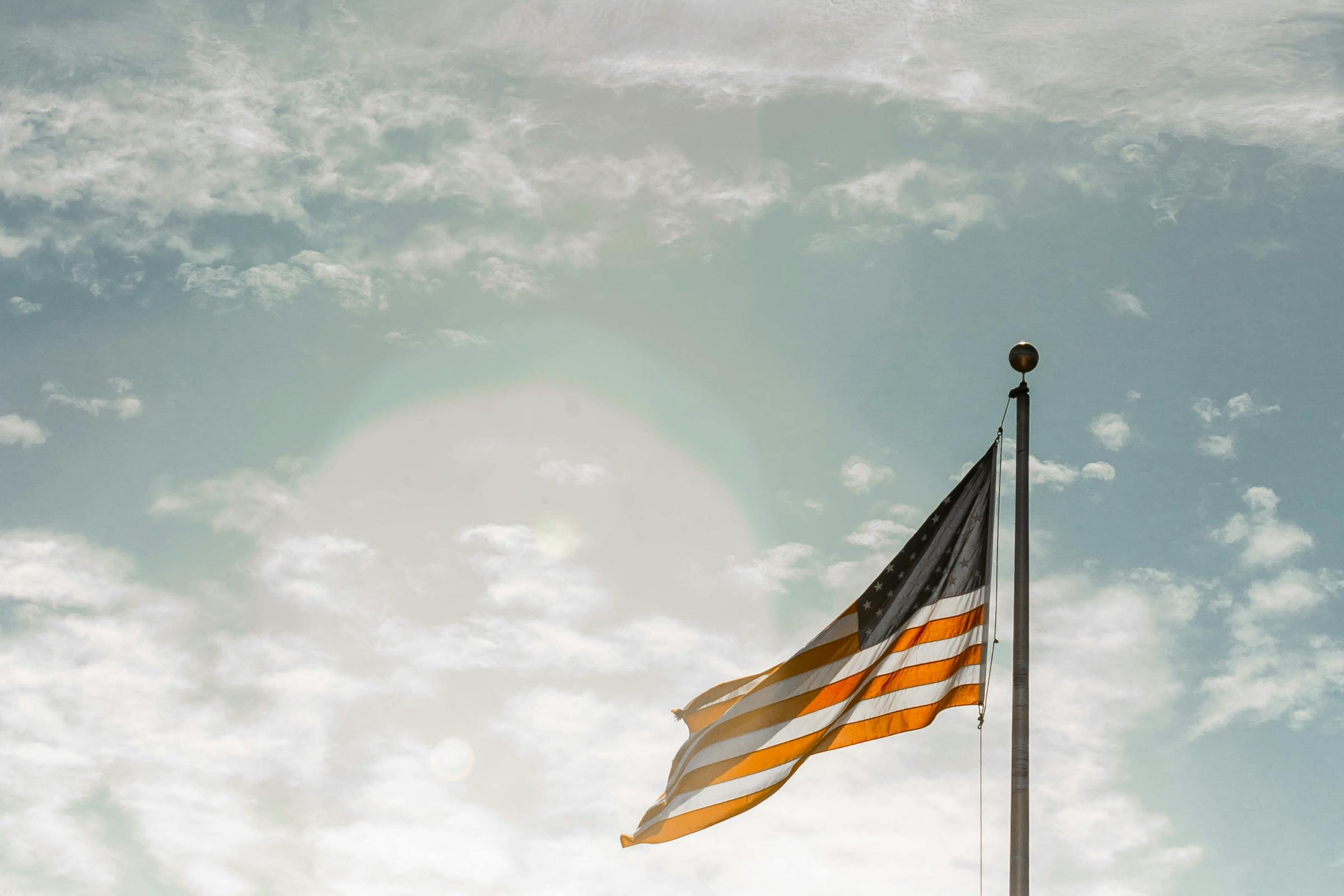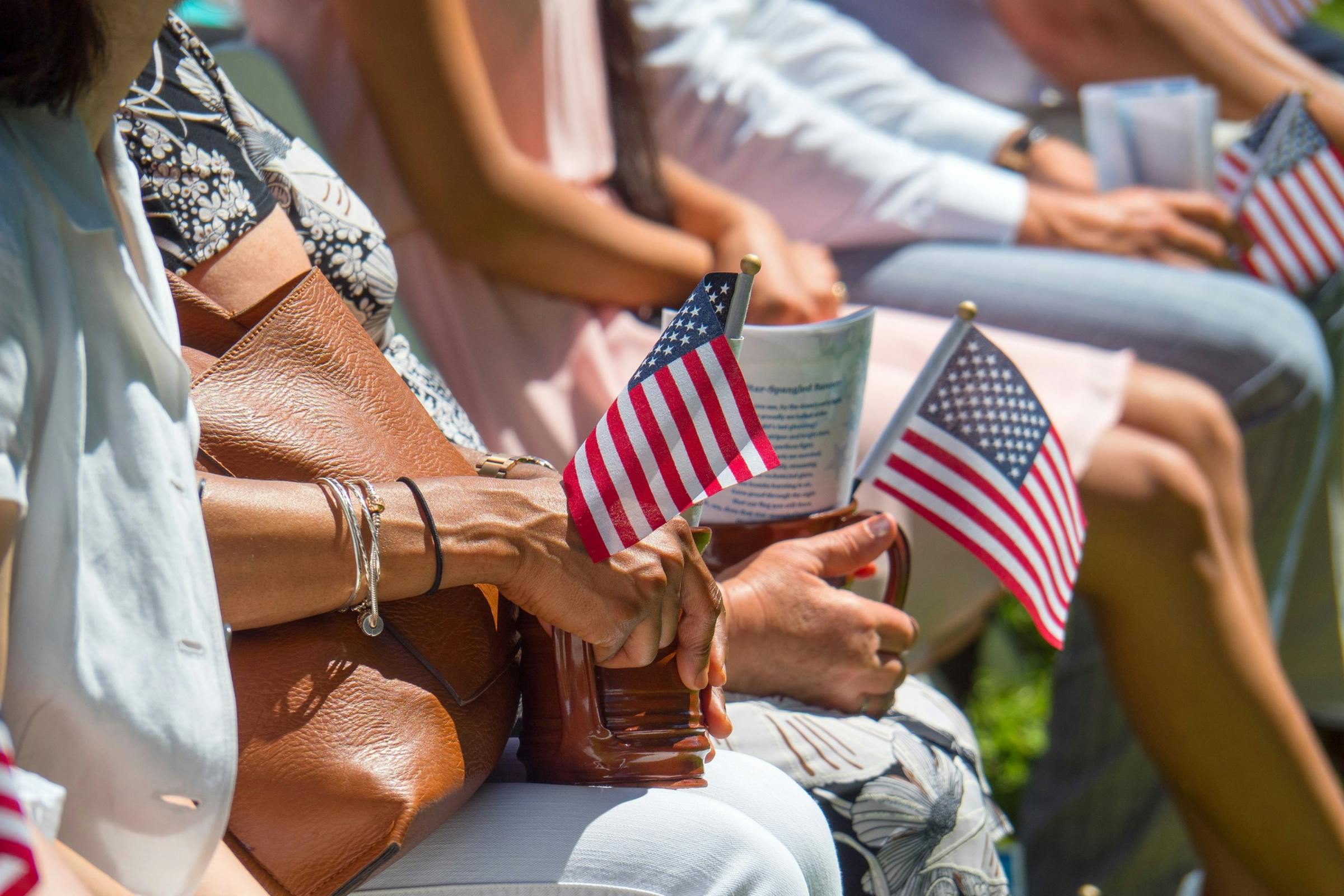One of the temporary, non-immigrant categories in which foreign nationals can legally live in the U.S. and pursue their career is the O visa type. Specifically, the O-1 visa is for the individual who possesses extraordinary ability in the sciences, arts, education, business, or athletics field(s).
In terms of the process of being approved for an O-1 visa, this category actually resembles the the National Interest Waiver (NIW) in that the O-1 visa requires many supporting documents and a plethora of evidence in order to approve a foreign national for a stay in the United States. In short, it’s not an easy application to fill out and submit. The question remains whether the burden of evidence is too much, or if the USCIS is going too far in their demands from artists, especially, who might not be able to prove what the agency is asking for.
In this blog, we will go over the general eligibility of the O-1 visa, and also discuss where some disconnects might arise between applicants who could potentially be eligible for the visa, but are essentially being denied access because of rigorous application materials.
General Eligibility
If you have reached the top of your field, such as becoming a successful musician, or have made it in the entertainment industry, then you might qualify for an O-1 visa. The visa type generally recognizes individuals who have some sort of well-known name in a certain industry. But even if you are well-known, it is still a very difficult visa to get.
This is because along with the applicant’s expertise in their field of interest, they also need an I-129 Petition signed on their behalf. This can be difficult if one is working in the music industry as you might not have an agent to file such a petition when you want to apply for the O-1 visa. In general, any agent or employer must file an I-129 and this presents problems for independent artists especially who will be unable to deliver such a burden of proof to the USCIS.
The other difficult aspect of the O-1 visa type is that along with the petition, the applicant also needs to collect, and submit, a consultation letter from a union or organization that acknowledges the applicants accomplishments. For example this might look a music producers guild writing a letter on behalf of an emerging artist.
Finally, the petitioner also needs to submit a contract statement for the duties/responsibilities the applicant will have granted their petition is accepted and the applicant can work in the United States in their given field.
Awards and Recognition
The biggest issue as hinted at earlier with the O-1 visa type is that it might be easier to obtain this visa if you are a well known artist or writer, already with verifiable awards (Pulitzer Prize, etc.), but many up and coming artists do not have such notoriety. Additionally, if there are awards being given in other countries for the applicant, the USCIS can dismiss such awards, as they aren’t on the American “standard”. This shows that there is perhaps a flaw in the level of evidence needed for this visa type, and that being accepted in this category is a tricky process if anything.
To learn more about this visa type, please see the following USCIS link: https://www.uscis.gov/working-in-the-united-states/temporary-workers/o-1-visa-individuals-with-extraordinary-ability-or-achievement














